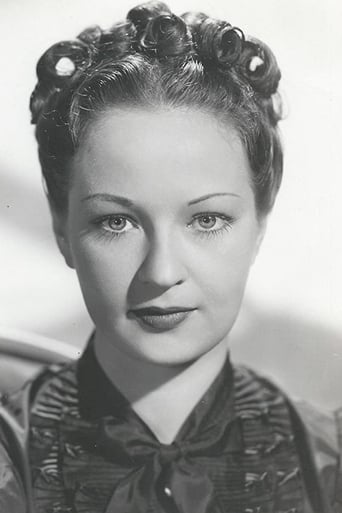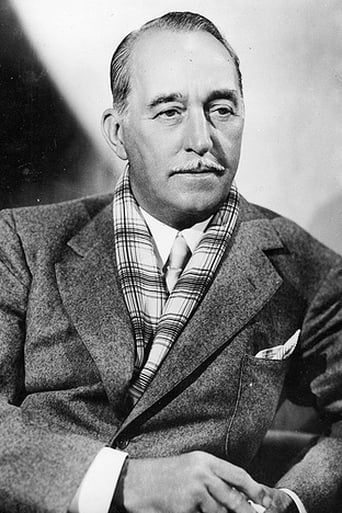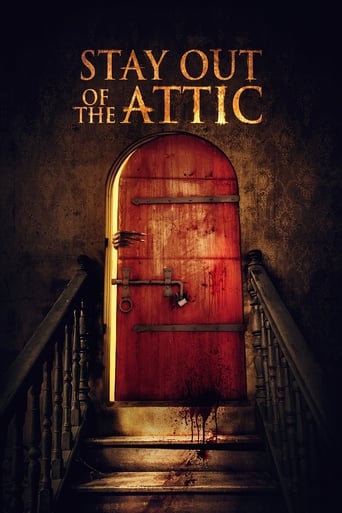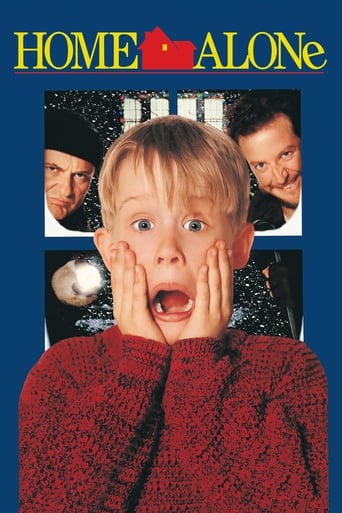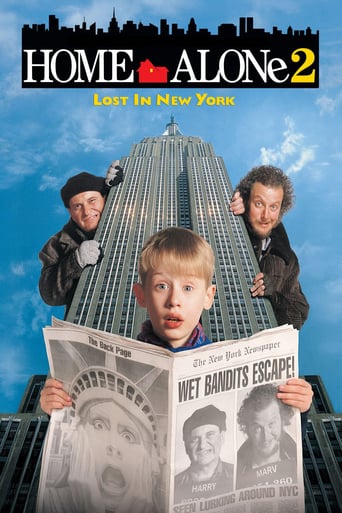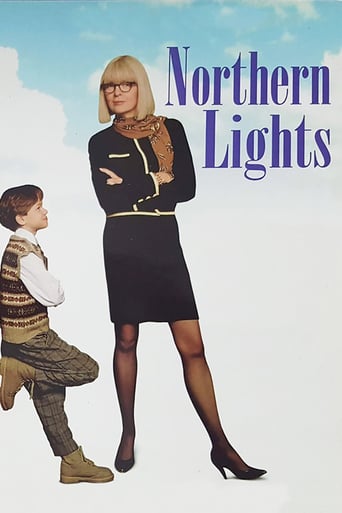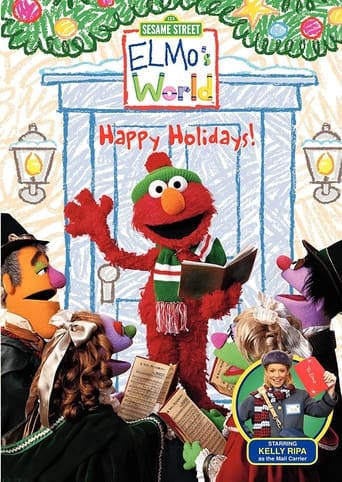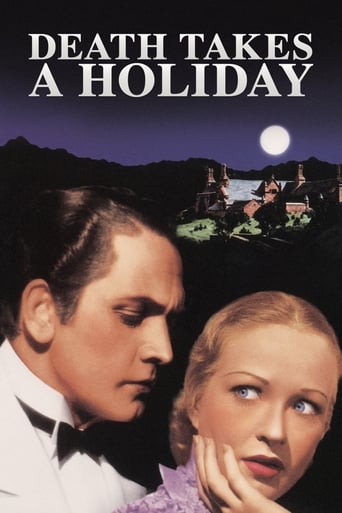
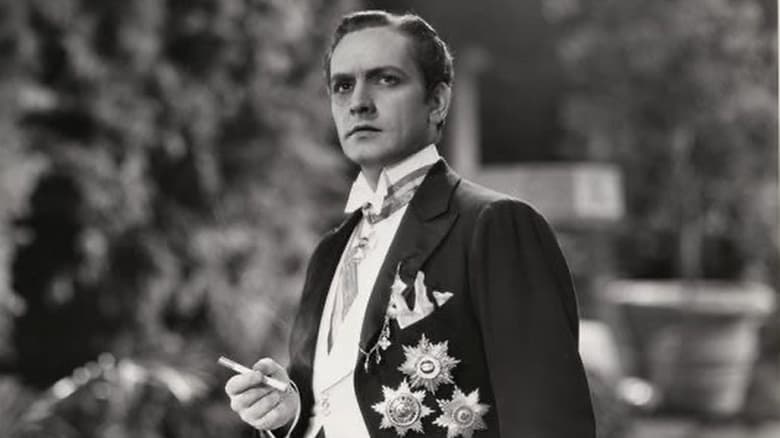
Death Takes a Holiday (1934)
After years of questioning why people fear him, Death takes on human form so he can mingle among the mortals and find an answer. However, events soon spiral out of control as he falls in love with the beautiful young Grazia, the only woman not afraid of him. As he falls in love with her, her father sees him for what he is and begs him to return to his duties. Death must decide whether or not to seek his own happiness or sacrifice it so that Grazia may live.
Watch Trailer
Cast
Similar titles
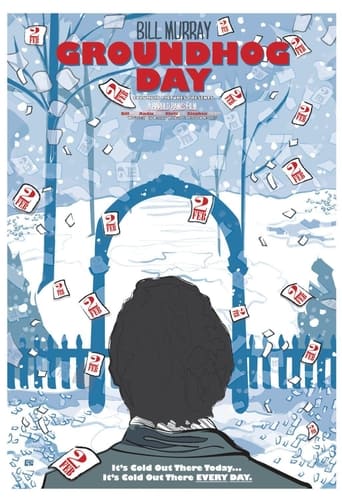

Reviews
I like the storyline of this show,it attract me so much
So much average
The story, direction, characters, and writing/dialogue is akin to taking a tranquilizer shot to the neck, but everything else was so well done.
Very good movie overall, highly recommended. Most of the negative reviews don't have any merit and are all pollitically based. Give this movie a chance at least, and it might give you a different perspective.
DEATH TAKES A HOLIDAY (Paramount, 1934), directed by Mitchell Leisen, is not essentially a horror movie but a sort of haunting fantasy story about an Angel of Death descending upon mortals in the guise of a handsome young nobleman. Taken from the play by Alberto Castella, it stars Fredric March in one of his finer roles for the studio shortly before leaving for free-lancing assignments. Although March was the leading man, DEATH TAKES A HOLIDAY virtually belongs to Evelyn Venable in a role that might or should have marked the beginning to a string of successful starring roles for her. While Venable does give a splendid performance, she never rose in the ranks of top Hollywood actress of her day.As the opening credits roll with the camera capturing a gathering of happy crowds at a carnival, the supporting players, including Sir Guy Standing (Duke Lambert); Helen Westley (Stephanie); Henry Travers (Baron Cedsarea); Katherine Alexander (Countess Alda Di Parmal); G.P. Huntley Jr. (Eric Bagley); Gail Patrick (Rhonda Fenton); and Kent Taylor (Corrado, Grazia's fiancé) are credited with their roles while still in characters, before shifting into a church where Grazia (Evelyn Venable) is seen alone praying. After leaving the carnival in two separate cars, Grazia notices a dark shadow following them before passing ahead. The other members of the party meet with an accident regarding a vendor and his cart, but no one is hurt nor injured. After a gathering at their Villa Felicita, by which Grazia faints after being approached by a dark cloak figure, that same shadowy figure approaches Duke Lambert soon after all the guests have retired for the night. The voice introduces himself as Death, explaining his mission where he is to spend a three day holiday among mortals to understand why he is so feared. With Duke Lambert keeping his secret, Death immediately arrives at the estate masquerading as Prince Sirki (Fredric March) where he then meets with the guests. During those three days, no death occurs, even to those who survived unanswered miracles. As Rhoda and Alda become fascinated by this nobleman, Sirki becomes fascinated in Grazia, who doesn't fear him at all. After resulting his mission, Sirki's situation of departing alone or with Grazia becomes his newfound problem. Also in the story are Kathleen Howard (Princess Maria, Grazia's Mother); Frank Yaconelli (The Vendor); and Hector Sarno (Pietro).Very much a filmed stage play, it doesn't have that feel by any means. Other than underscoring in certain scenes to some classical music, there are brief montages set in other places as the horse or auto races to break the monotony of story set mostly inside a mansion. There are also screen fills of newspaper clippings of certain outside incidents as the sinking of the S.S. Cedric where no lives are lost. Fredric March, whose physical being as the accented speaking prince, complete with monocle and military clothes, doesn't appear until 27 minutes from the start of the movie. He gets his one frightful moment when he asks a woman to come closer to him to see who he really is, but otherwise, just a mysterious house guest learning what life if all about. As mentioned before, Evelyn Venable is the sole attraction here, with Sir Guy Standing not very far as the terrified nobleman.Remade as a television movie (1971) featuring veteran performers as Melvyn Douglas and Myrna Loy, followed years later by an updated nearly three-hour version re-titled MEET JOE BLACK (Universal, 1991) with Brad Pitt, the 1934 original remains the most appreciated of the three. Not as commonly broadcast on commercial television as it once was back in the 1960s and 70s, DEATH TAKES A HOLIDAY turned up in later years on public television before shifting occasionally on cable channels as Showtime (1990); American Movie Classics (1992) and Turner Classic Movies (TCM premiere: March 6, 2005). Though the movie has taken a holiday from the television airwaves, and distributed to home video (1998) and DVD (2004), regardless of its age and stage origins, it's still an interesting premise to what life can become if death does take a holiday. Oh Death, where is thy sting? (***1/2)
There is a subject that might be brought into the sphere of a masters degree thesis: how the destruction and death of World War I created a wave of theatrical and cinematic creativity dealing with life after death, and that death is not an ending but a beginning. This trend mirrored the rise of spiritualism (as pushed and advocated by Sir Arthur Conan Doyle, Sir Oliver Lodge, and others) as a way of healing the real emotional losses felt by millions of people around the world after 1914 - 1918. It produced some works of stage and screen such as the anti-war FIFTY MILLION GHOSTS (attacking armaments king Basil Zaharoff - young Orson Welles appeared on stage in it), the play and film OUTWARD BOUND by Sutton Vane, and (probably best of all) Albert Casella's classic DEATH TAKES A HOLIDAY. It's still produced occasionally, and even made it to a television version (in 1971) and a recent remake (MEET JOE BLACK).Supposedly, as the "Lusitania" was going to the bottom of the Irish Sea, producer Charles Frohman said to his friends standing with him on deck, "Why fear death? It is the most beautiful adventure in life?" or words to that effect. Frohman (who did drown in the disaster) was quoting the words of his close friend and business associate James Barrie from PETER PAN. In a sense, Casella's story follows this particular point of view. Death (Fredric March) has come to the palazzo of Duke Lambert (Sir Guy Standing) and is intent on taking his daughter Grazia (Evelyn Venable), but instead makes a deal. He has heard a great deal about the human emotion of love, and has never experienced it. Instead, the only experience with human beings he has had was fear. So, he will not take any of Lambert's guests, family, or friends on this visit, if Lambert will allow him to stay as "Prince Sirki", a recently deceased nobleman whose form is available. Lambert agrees.The film actually (like the play) is quite probing, into the nature of death, love, and life itself. We see the various people who are in the palazzo, some of whom have lives of pleasure or adventure, and March constantly finds small flaws in these things that the humans overlook. When he meets one who races at high speed, he asks (straightforwardly, but with a heavy ironic undertone), "Why haven't we met before?" Henry Travers in a supporting role is a lover of fine food and drink - and obviously he too may soon meet March again under different circumstances.But it is Venable who is the key to March's humanization. She is not impressed by the wonders of life and the world her friends push. She seeks something more meaningful. A beautiful woman, she is pursued in the film (by Carrado - Kent Taylor), but finds his heavy sensual love not what she wants. It is only with March, also seeking an answer, that she finds the match to herself.March too is pursued, by the social climbing Gail Patrick and Helen Westley, and both are quickly shown the valuelessness of "titles" and status. March willingly shows them (briefly) his real self, and they flee him in terror. Both March and Veneble are incomplete: he by the seeming void in his eternal duty of ending life and being feared for it, she by her realizing what the book of ECCLESIASTES said two thousand years ago that is still true: "Vanity of Vanities...all is vanity!". The one exception is true love, and both find that in each other that goal is met. So at the end Grazia willingly goes with Sirki, because there is no fear for both when together - for together they can face the universe and eternity.
This movie made my top ten list. All of the actors gave very good performances. The selection of costumes, wardrobes and jewelry were excellent. The special effects (1934) weren't overwhelming or too far-out. The location setting was reasonable for such a low budget firm. The direction, lighting and audio were first rate. Its a shame that someone hasn't done a re-make of this classic film. With the right cast, director and resources this film could win an Oscar. Perhaps, I'll make an attempt with a short version on video. As far as I started to explain, I felt very please, entertained and taken by every line of this film. It would be a worthwhile purchase for someones personal movie library. If not available for sale. Please set your VCR for it the next time its listed on the Classic-Movie cable channels. You and your friends (if you like real-good movies) wouldn't be disappointed...enjoy, Kenny
Effective fantasy where the fearsome visage of the Grim Reaper is transformed into the human form of Prince Sirki, played by a handsome Fredric March in his prime. As Death, March decides to take a three day vacation from his usual duties and mingle among people to try to learn why they fear dying so much, and to ultimately discover the complexities of falling in love.Nice touches of humor, mixed with the glow of mystery and the unknown. As an added bonus, the movie also has something to say regarding death which may cause you to think differently about that unavoidable day when the Grim Reaper comes knocking on your door. *** out of ****

